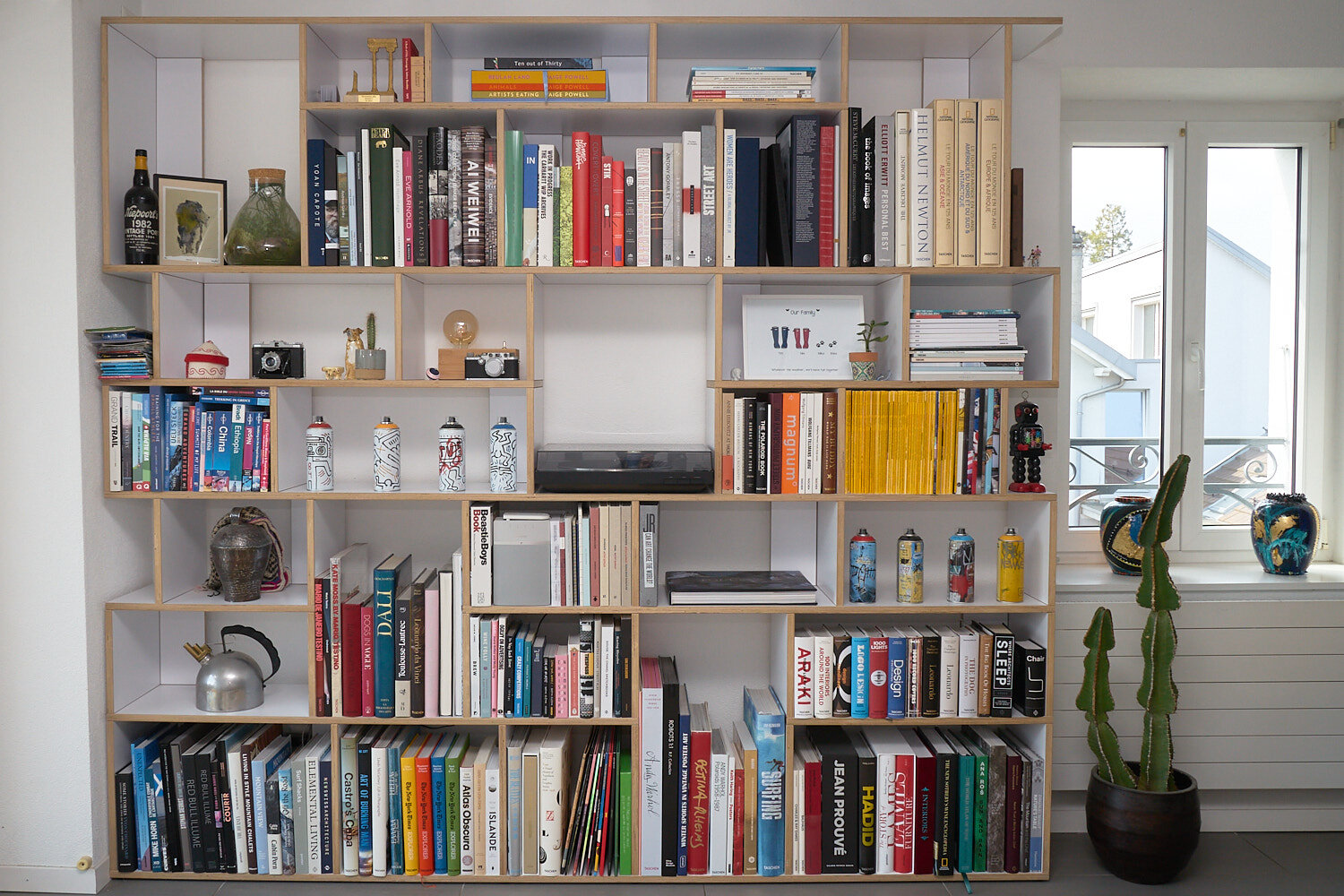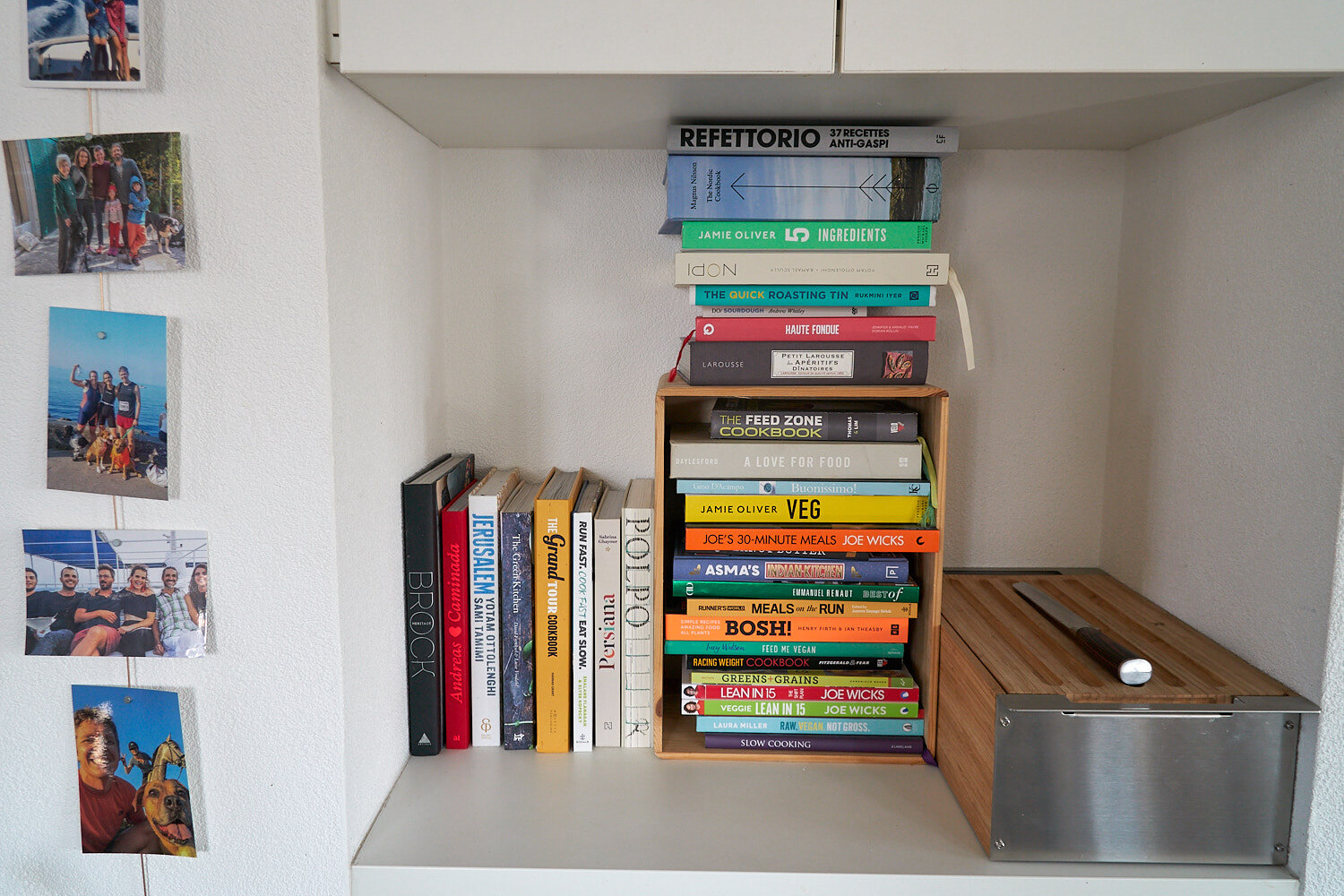Despite having fallen in love with the Japanese language when I lived in Hokkaido, I’d never come across the word ‘tsundoku‘ until recently. A Japanese noun, /tsoon: ‘doh-koo/ is the art of leaving a book unread after buying it, typically piled up together with other such unread books. I have a habit that sometimes falls under such a definition, but I’m not sure I feel any guilt.
It seems that i’m not the only one.
“The man with an ever-expanding library understands the importance of remaining curious, open to new ideas and voices”, suggests Kevin Mims in a 2018 article in the New York Times. I made the conscious decision to forego a television in my current apartment, installing a floor-to-ceiling bookshelf in its place. I treat the process of searching, buying, and placing the books on the bookshelf like they were a piece of art—I just don’t always read them before putting them on display.
>
“Unread books are much more valuable than read ones”
In his book, The Black Swan, Nassim Taleb describes our relationship between books and knowledge using the Italian writer Umberto Eco.
The writer Umberto Eco belongs to that small class of scholars who are encyclopedic, insightful, and nondull. He is the owner of a large personal library (containing thirty thousand books), and separates visitors into two categories: those who react with “Wow! Signore professore dottore Eco, what a library you have. How many of these books have you read?” and the others—a very small minority—who get the point is that a private library is not an ego-boosting appendages but a research tool. The library should contain as much of what you do not know as your financial means … allow you to put there. You will accumulate more knowledge and more books as you grow older, and the growing number of unread books on the shelves will look at you menacingly. Indeed, the more you know, the larger the rows of unread books. Let us call this collection of unread books an antilibrary.
A good library is filled with mostly unread books. Here’s some of mine.
Does tsundoku count in the kitchen? Mine is a place where 3-star chefs such as Andreas Caminada and Emmanuel Renaut compete against Joe Wicks and Jamie Oliver. I’m positive that cookbooks don’t need to read from cover to cover, instead to dip in for times of inspiration.
I have a set of requirements for books to make it onto the downstairs bookshelf. It’s lovingly curated, and paperbacks generally don’t make the cut. The ones that aren’t gifted to others often end up on this bedroom shelf.
-
Most recently finished? War and peace. Tolstoy said that the best Russian literature doesn’t conform to standards. This book certainly challenged me along the way.
-
Most enjoyable? Barbarian days or Let my people going surfing. Surf may be in the title of both books, but they offer much more. One is a beautiful memoir, and the other a masterclass in doing business the right way.
The bedside table is the one place where the books pile up. A bit of a his-and-hers mismatch of titles. Greek mythology, culture in the workplace, and short stories from the master, Haruki Murakami.
I bought this Pierre Paulin coffee table in the Le marché aux puces de Saint-Ouen several years ago (I can’t wait to go back to Paris). It’s become a sacred space for my recent magazine-buying craze. A stack of coffee magazines, discovered titles from a trip to Zurich, and a month’s supply of the Financial Times—which are waiting for me to cut up into pieces for my scrapbook. I’ve had to discipline myself to put down the phone and spend time with my magazines. National Geographic deserves to be more than just a yellow band across my bookshelf.
I have an eclectic taste. Recent purchases include:
-
Mental Models Volume 2 – Physics, Chemistry, and Biology (available on Amazon).
-
How to avoid a climate disaster (bought from Print Matters! in Zurich).
-
Invader, Catalogue raisonné (bought directly from the artist).
-
La Haine transcript (bought from Maison CF in Paris). Jusqu’ici, tout va bien.
From the comment in the book sleeve, I feel like Slovenian chef, Ana Roš, knows a thing or two about tsundoku. “And please do read it :)”









